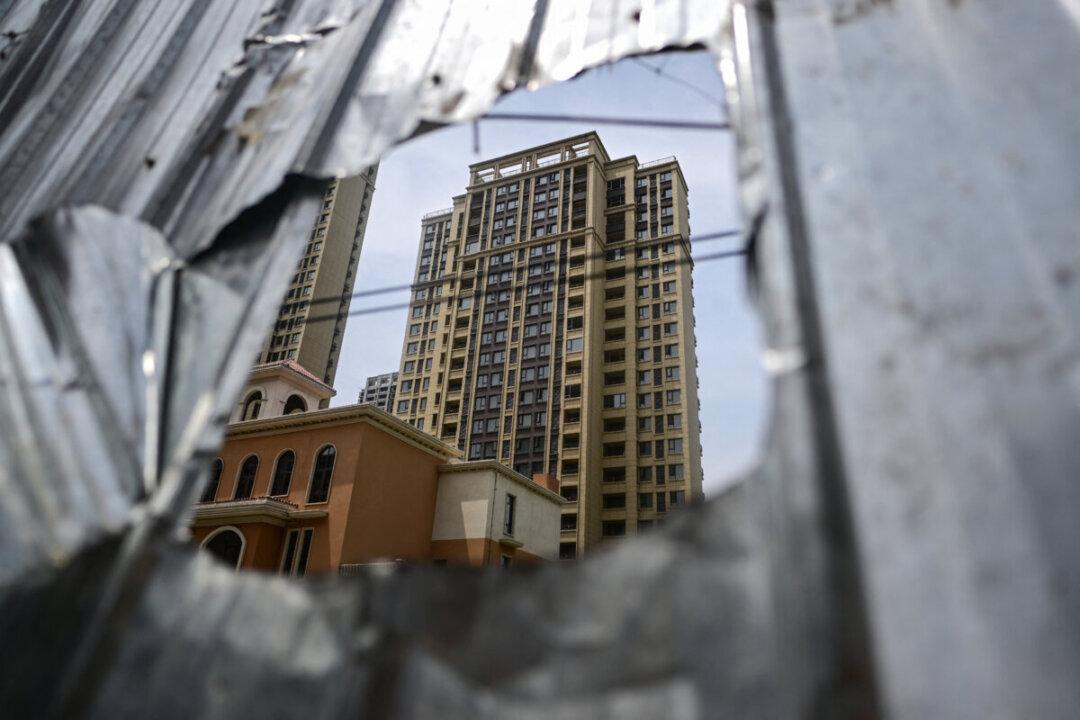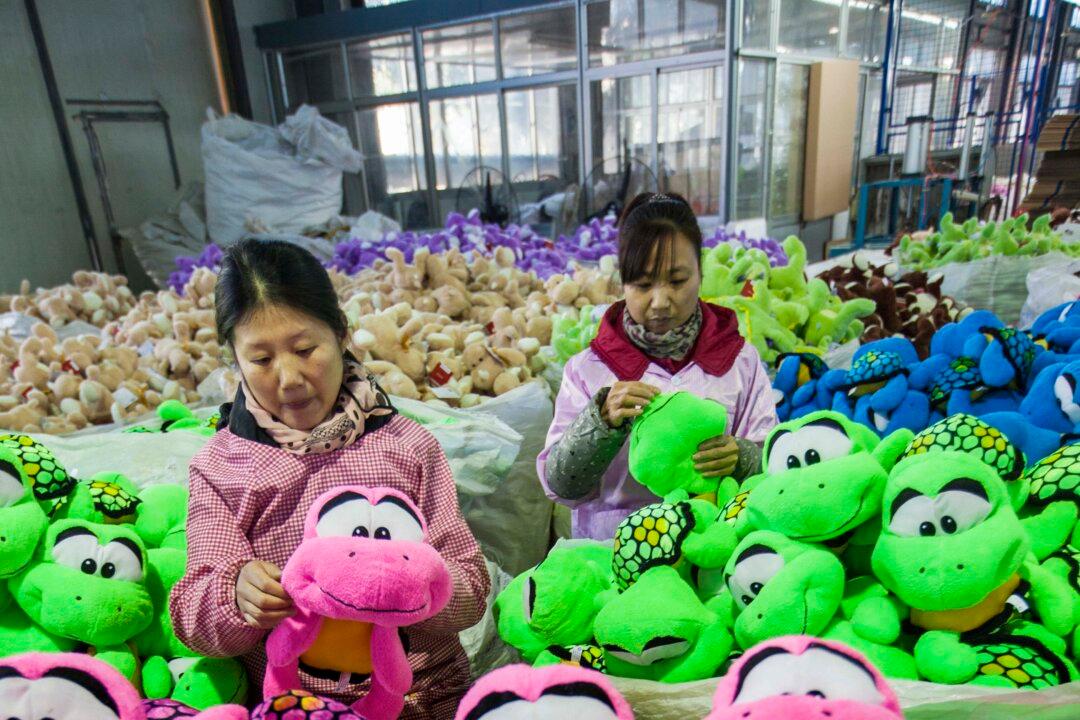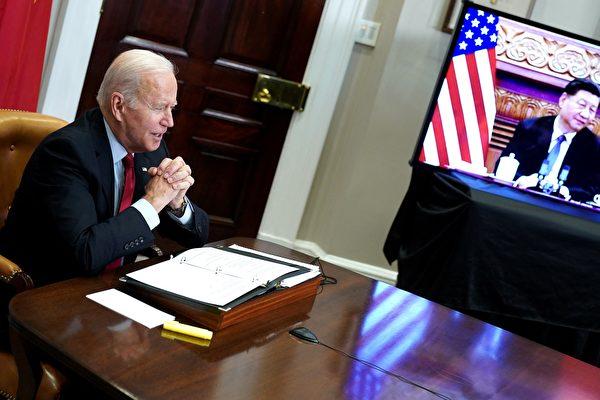The number of foreclosed properties in China is on the rise, but even though auction prices have dropped sharply, many are yet to be sold. Real estate insiders suggest that this results from Chinese people being more prudent about investments than before owing to a lack of confidence in the ongoing recession.
China’s weak economy and high unemployment rate led to a surge in foreclosure auctions, with more and more creditors applying to the courts to force the auction of debtors’ properties to resolve debt disputes such as mortgage defaults or real estate developers’ broken financial chains resulting in undeliverable buildings.




